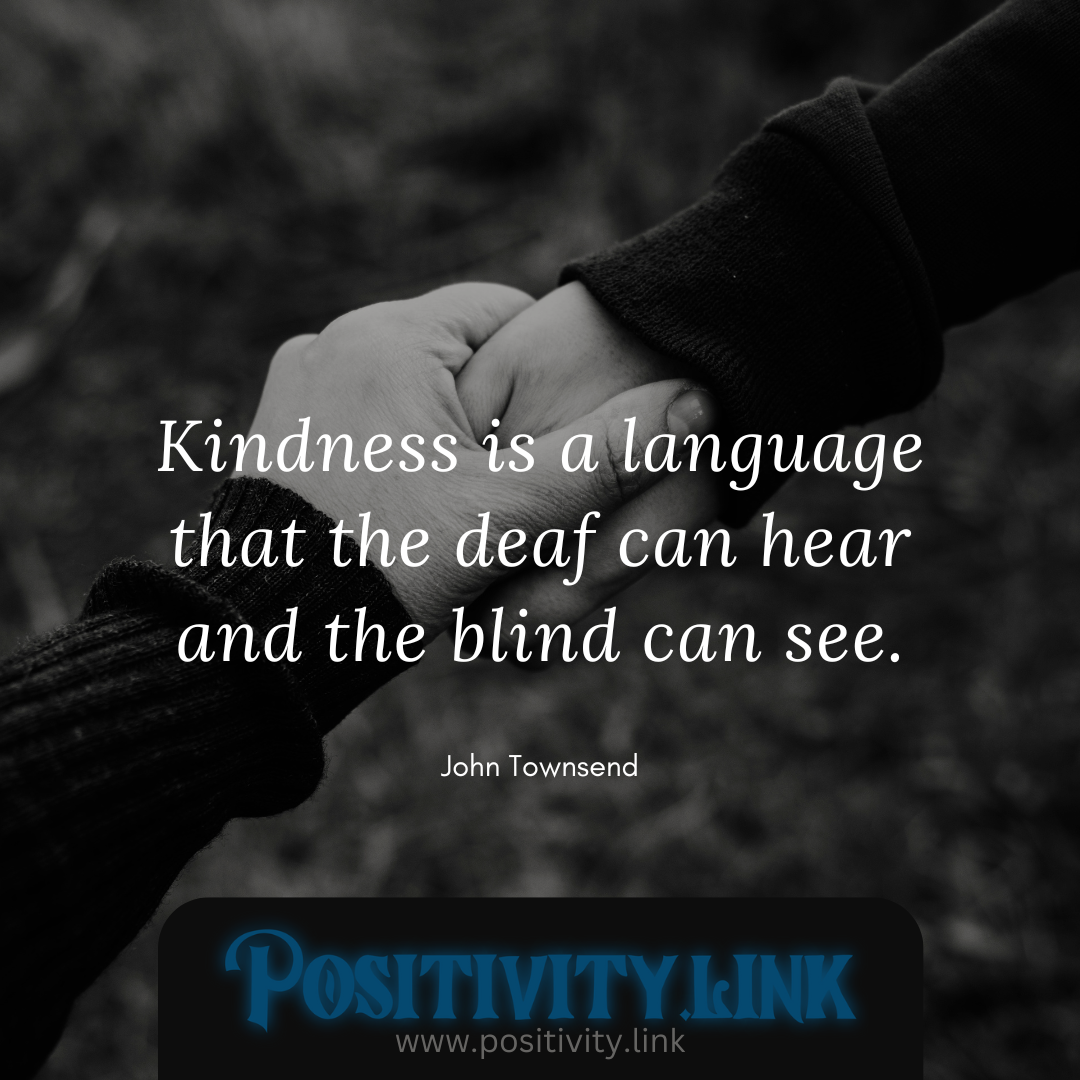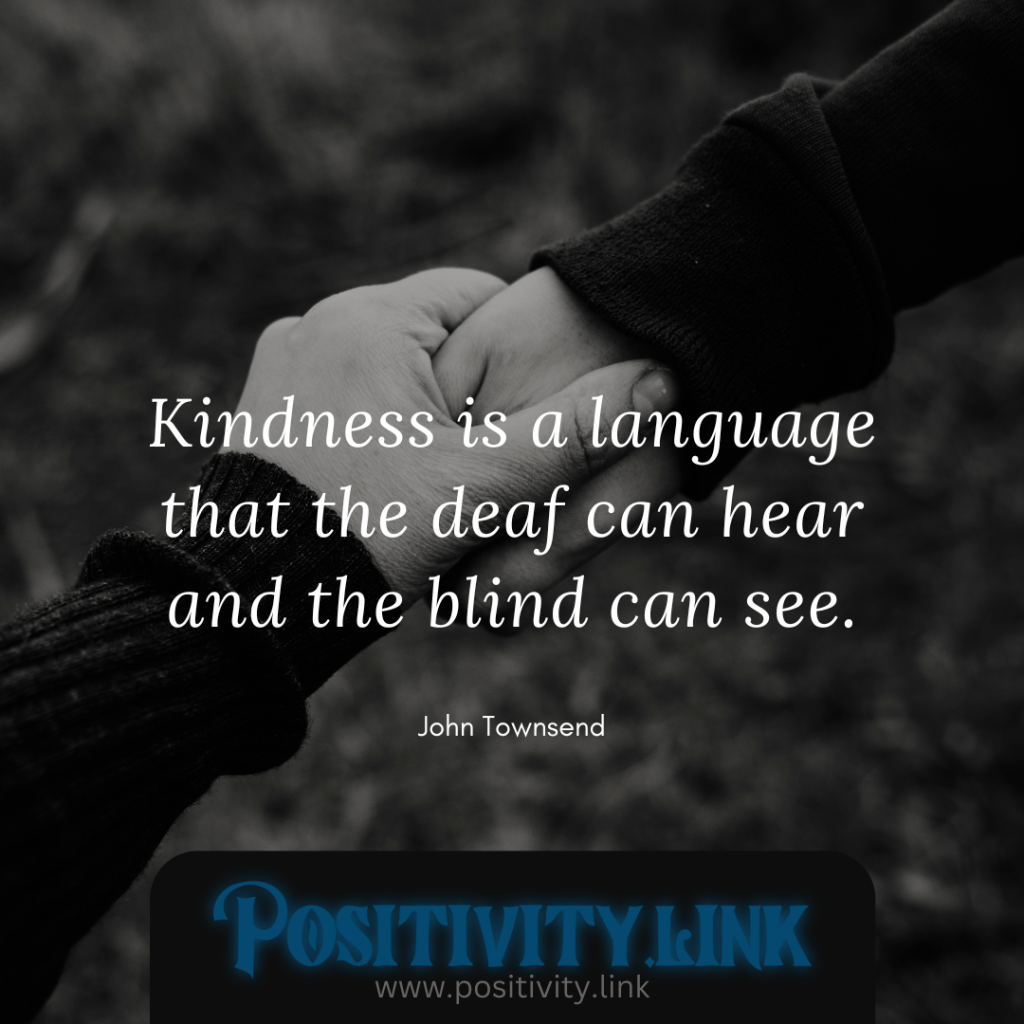Conflict is an inevitable part of life, but how we choose to approach it can define the strength of our relationships and the depth of our personal growth. Disagreements, while uncomfortable, hold the potential to bring people closer together when approached with love and empathy.
Handling conflict with compassion begins with the choice to listen—truly listen. When tensions arise, it’s easy to become defensive or focused on making your own point. Instead, try to pause and give your full attention to the other person’s perspective. Listening deeply means not just hearing the words they say but understanding the emotions and experiences behind them. This act of empathy demonstrates that you value their feelings and experiences, which in turn can diffuse anger or frustration.

Love in conflict doesn’t mean avoiding difficult conversations. It means approaching them with an open heart and the intention to understand, rather than to win. Even in the heat of a disagreement, you can remain grounded in kindness by focusing on shared goals, such as finding resolution or strengthening your connection. A calm and loving approach creates a safe space for both parties to express themselves honestly, paving the way for mutual respect and understanding.
It’s also important to recognize the personal growth that can come from conflict. Discomfort often reveals areas where we can grow—whether it’s learning to communicate more clearly, developing patience, or understanding our own triggers. By embracing these moments as opportunities for self-discovery, you transform tension into a stepping stone for deeper emotional awareness and stronger connections.
At its core, handling conflict with love and empathy is about practicing emotional intelligence. It’s about choosing responses over reactions, understanding over judgment, and peace over being right. This approach doesn’t erase conflict but rather reframes it as a pathway to healing, growth, and mutual respect. When you respond with love, you remind others—and yourself—that relationships are more important than being right in the moment.
Your ability to approach challenges with empathy also creates a ripple effect. People who witness your grace under pressure are inspired to reflect on how they handle their own conflicts. In this way, your commitment to love and understanding extends beyond the immediate situation, spreading positivity and setting an example for others to follow.
As you navigate conflicts, consider these moments not as disruptions but as opportunities to strengthen your values and embody the principles of love and peace. The way you handle challenges speaks volumes about your character, showing others that harmony is possible even in difficult times.
Your choice to meet challenges with love and empathy is not only a gift to your relationships but also to the world. By embodying these values, you inspire others and contribute to a kinder, more peaceful existence for everyone. Keep choosing love, and trust that your efforts are making a profound difference.




